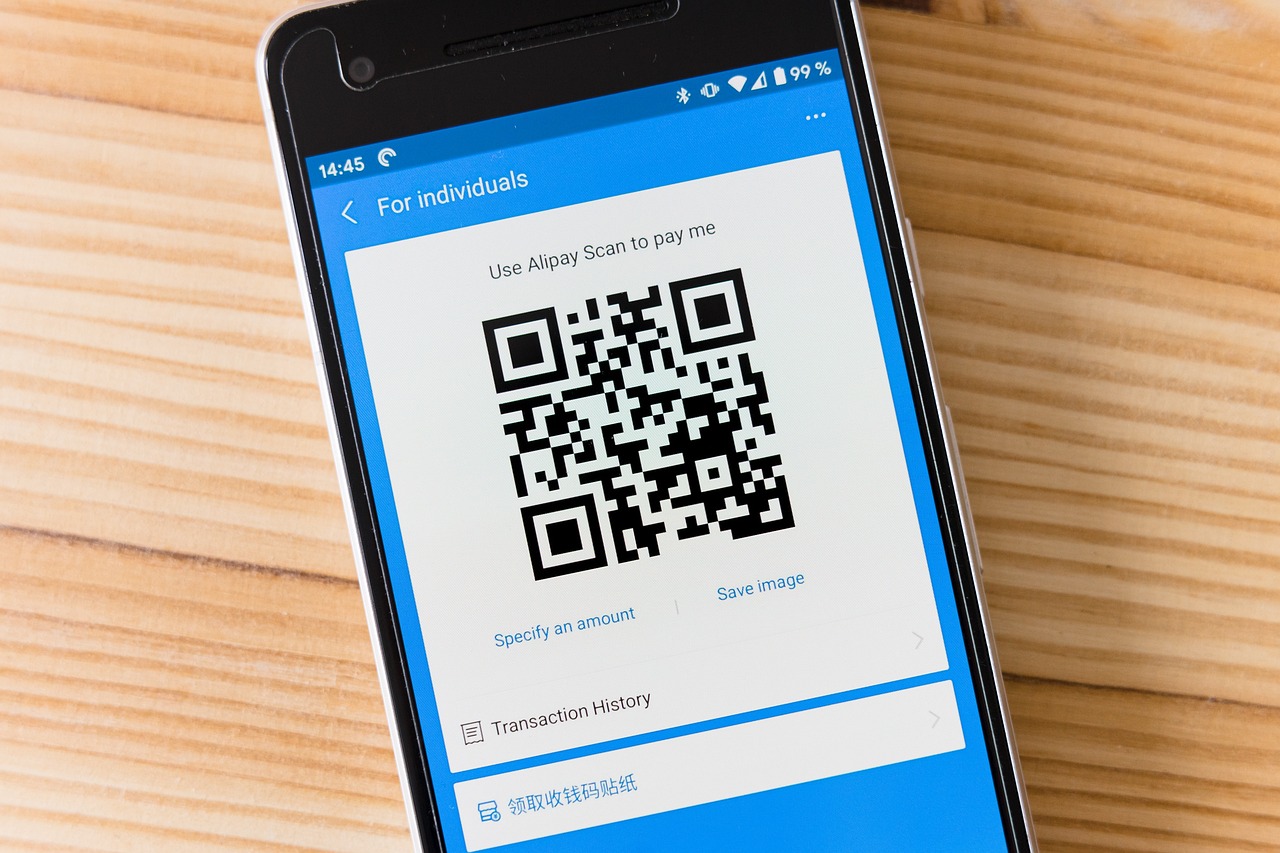To address these challenges, the UPI ecosystem is actively working on enhancing payment security:
Table of contents [Show]
Two-Factor Authentication
UPI transactions often require two-factor authentication, because this means adding an extra layer of security by verifying the user's identity through multiple channels.
Biometric Verification
Some UPI apps integrate biometric verification methods like fingerprints or facial recognition for secure access.
Transaction Limits
Setting transaction limits helps mitigate potential losses in case of unauthorized access.
Regular Updates
UPI platforms continually update their systems to patch vulnerabilities and stay ahead of emerging security threats.
User Education
Promoting user awareness about safe digital practices, such as not sharing OTPs (One-Time Passwords) and using secure networks, is crucial.
In conclusion, while UPI innovations have revolutionized the Indian payments landscape, safeguarding payment security is a collective responsibility. As technology advances, so do the tactics of cybercriminals. By prioritizing and continuously improving payment security measures, UPI stakeholders can ensure that the benefits of digital payments are enjoyed by all while keeping financial transactions safe and secure.








